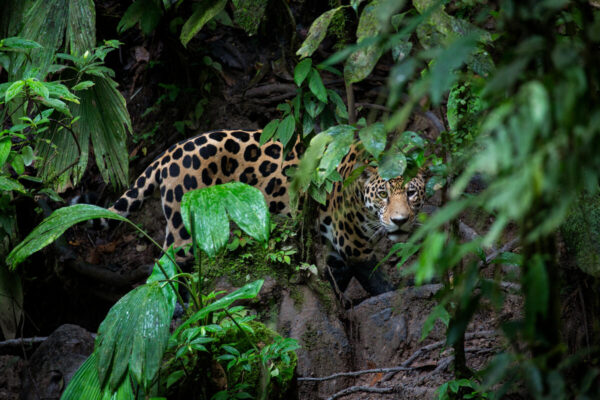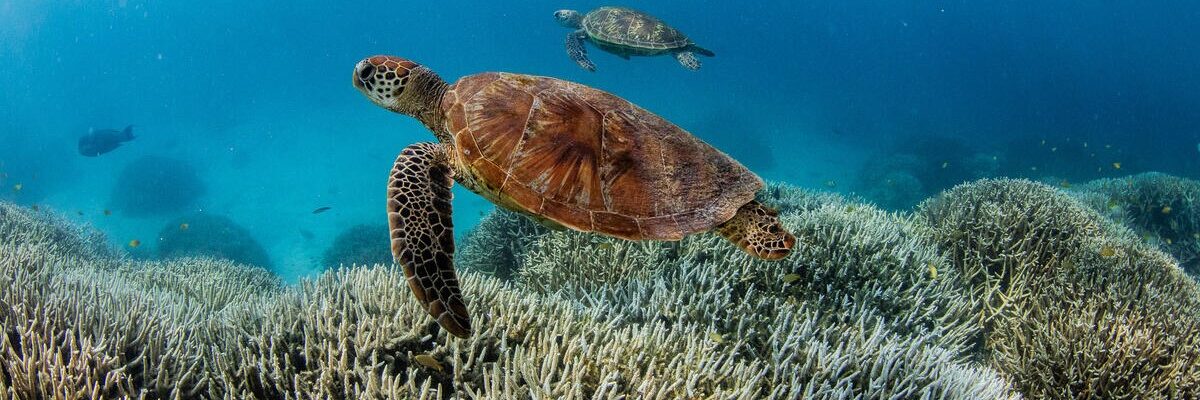Coral bleaching on the Southern Great Barrer Reef earlier this year. Photo: theundertow.ocean & @diversforclimate
The planet is losing its global wildlife with a 73% decline recorded in monitored populations in just 50 years.
This is the finding of the World Wildlife Fund’s latest Living Planet Report which has just been released.
The WWF notes the sharpest falls were in Latin America and the Caribbean (95%) followed by Africa (76%), Asia–Pacific (60%), North America (39%) and Europe and Central Asia (35%).
“Nature provides the foundation for human health, a stable climate, the world’s economy, and life on earth,” says WWF US President and CEO Carter Roberts.
“The Living Planet Report updates 50-year trendlines of how much we’ve lost and tipping points that lie ahead,” he says.
“It highlights the most powerful tools to stem the loss and match the scale of this slow-motion catastrophe. A wake-up call that we need to get going, and fast.”
TRENDS
The Living Planet Index, provided by the Zoological Society of London (ZSL), tracks almost 35,000 vertebrate populations of 5495 species from 1970-2020.
The steepest decline was seen in freshwater populations (85%), terrestrial (69%) and marine (56%).
The WWF says habitat loss/degradation and overharvesting are the biggest threats to wildlife around the world, followed by invasive species, disease and climate change.
Some of the species population trends captured in the Index include a 57% decline in nesting female hawksbill turtles from 1990-2018 on Milman Island in the Great Barrier Reef, a 65% decline in Amazon pink river dolphins and an 88% decline in Chinook salmon in the Sacramento River in California.
The Index also reveals populations that stabilised or increased due to effective conservation efforts such as a 3 per cent increase in mountain gorillas from 2010 to 2016 in the Virunga mountains of East Africa and an increase from 0 to 6800 in bison populations across central Europe from 1970 to 2020.
WWF Chief Scientist Rebecca Shaw says these sharp declines in wildlife populations “are a clear and urgent warning”.
“These steep drops signal that nature is unravelling and becoming less resilient,” she says.
“When nature is compromised, it is more vulnerable to climate change and edges closer to dangerous and irreversible regional tipping points.
“When this happens in too many places around the globe, it threatens the very air we breathe, the water we drink, and the food we eat,” Ms Shaw says.
The WWF is one of the world’s leading conservation organizations, working in nearly 100 countries for more than 50 years.
It has more than five million members worldwide.
The ZSL was founded in 1826 and is an international conservation charity working to restore wildlife in the United Kingdom and around the world.

A jaguar in the Yasuni National Park of Ecuador. Photo: Karine Aigner/naturepl.com/WWF





